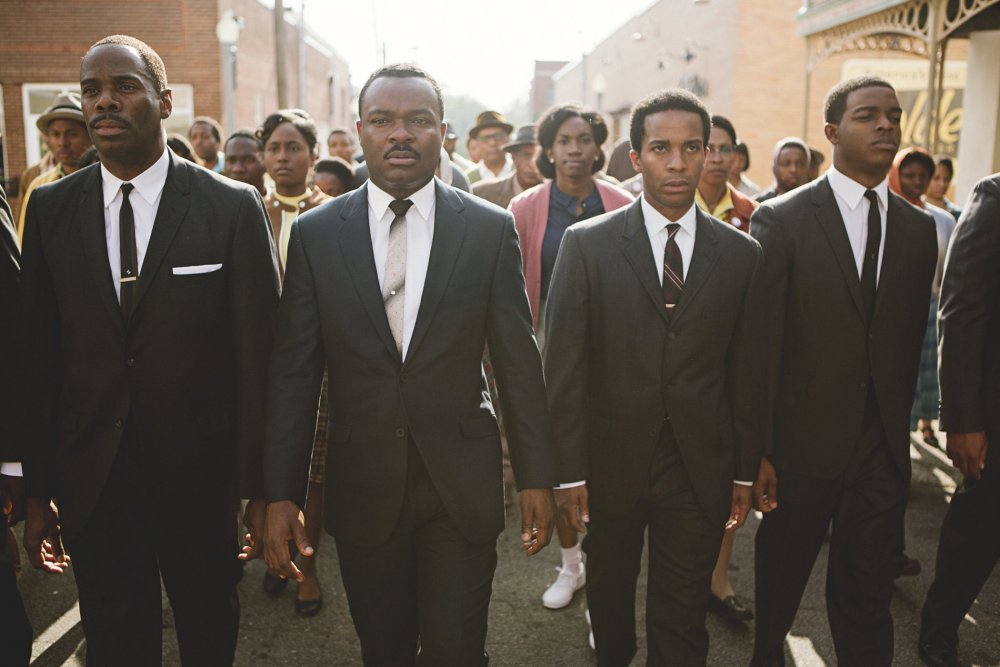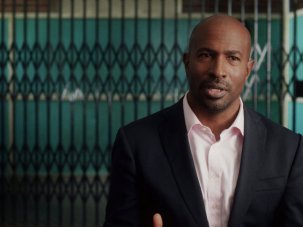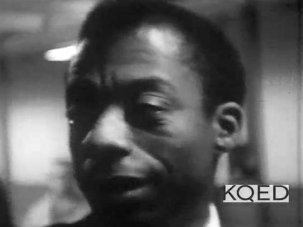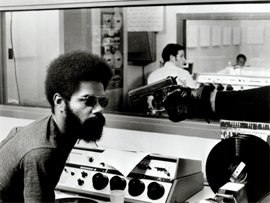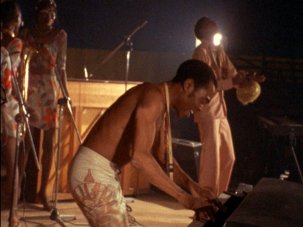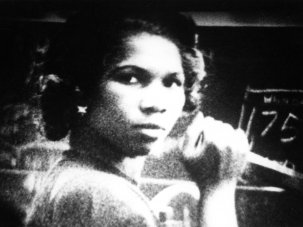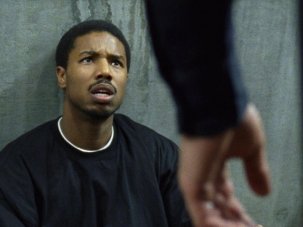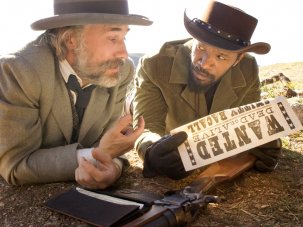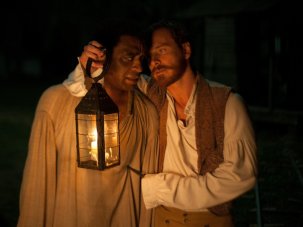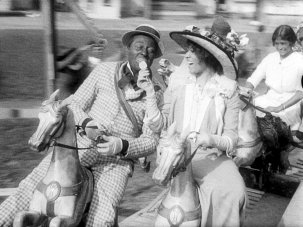Save for Sidney Lumet and Joseph L. Mankiewicz’s exhaustive, Oscar-nominated documentary King: A Filmed Record… Montgomery to Memphis (1970), the famed American civil-rights leader Martin Luther King Jr has been strangely under-represented in the cinema. Ava DuVernay’s excellent third film thankfully puts this continued omission right, by focusing on King’s involvement in the three Selma to Montgomery marches of 1965, which ultimately led to the passage that same year of the Voting Rights Act, a crucial piece of legislation prohibiting racial discrimination in voting. (The act, which remained untouched for nearly 50 years, was effectively bowdlerised in a controversial Supreme Court decision in June 2013.)
United Kingdom/USA 2014
Certificate 12A 127m 39s
Director Ava DuVernay
Cast
Dr Martin Luther King Jr David Oyelowo
Lyndon B. Johnson Tom Wilkinson
Coretta Scott King Carmen Ejogo
Lee White Giovanni Ribisi
John Doar Alessandro Nivola
Fred Gray Cuba Gooding Jr
George Wallace Tim Roth
Annie Lee Cooper Oprah Winfrey
Dolby Digital
In Colour
[2.35:1]
UK release date 6 February 2015
Distributor Pathé Productions Ltd
selmamovie.com
► Trailer
Selma also arrives at a spectacularly fraught time in contemporary American race relations: there have been widespread recent protests about the consecutive non-indictments of two white policemen who killed unarmed black American males – in Ferguson, Missouri, and Staten Island respectively – and further outrage at the police killing of a 12-year-old boy in Cleveland, Ohio. This unfortunate confluence renders the film’s sharply detailed dialogue on the process and psychology of civil-rights activism all the more urgent.
Selma begins with King’s receipt of the Nobel Peace Prize in Norway in 1964, then cuts, jarringly, to a hauntingly ethereal rendering of the bombing of the 16th Street Baptist Church in Birmingham, Alabama, an act of racist domestic terrorism in which four little girls were killed. After the dust has settled, a third scene tracks the stymied attempt of future activist and sheriff-puncher Annie Lee Cooper (Oprah Winfrey) to register to vote in a courthouse.
This bracing opening salvo elegantly sets forth the stakes and strata of the domestic situation. Following a prickly discussion between King (David Oyelowo) and the liberal yet intransigent President Lyndon Johnson (Tom Wilkinson), who refuses to bow to pressure to sign the Voting Rights Act into law, King makes the decision to relocate to the staunchly segregationist Selma with his civil-rights organisation the Southern Christian Leadership Conference (SCLC); here, argues King, is the perfect stage for a provocative campaign of non-violent direct action.
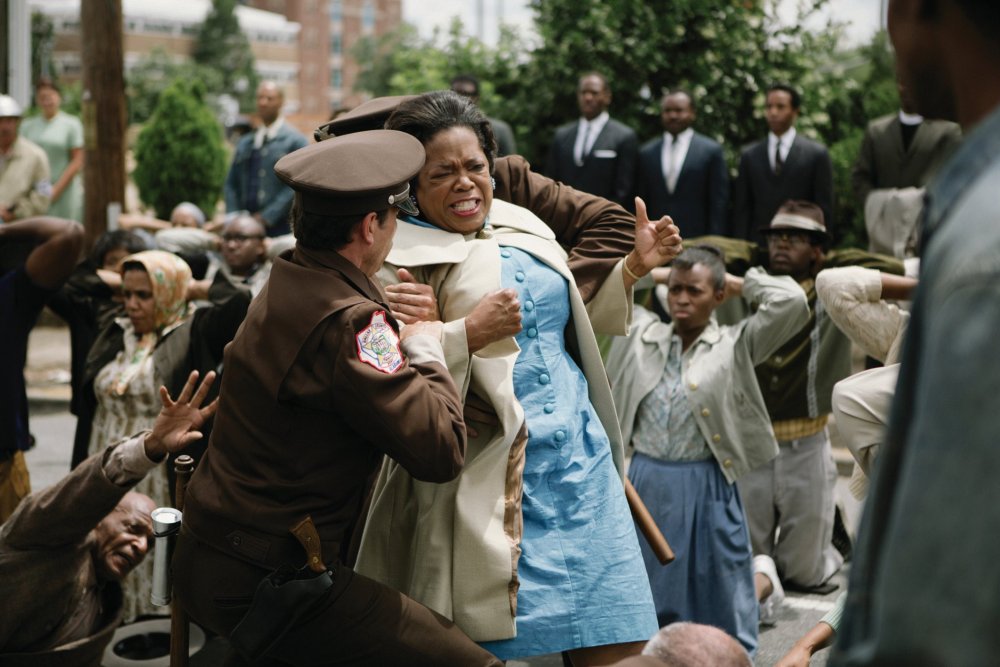
The ensuing narrative assumes an intensely procedural quality. In the chamber-like sequences set among King’s inner circle, the punchy dialogue of British screenwriter Paul Webb is at its strongest, illuminating the complexity of mobilising and organising protesters, as well as the movement’s internecine struggles (King’s methods of non-violent direct action were volubly questioned by younger, more radical activists).
Balancing out the activism is a series of intimate domestic scenes between King and his wife Coretta (the excellent, understated Carmen Ejogo) in which cinematographer Bradford Young’s skill at lighting black actors comes to the fore. Throughout, DuVernay composes with a clean, classical style, but she films the many scenes of crowd violence with an unflinching eye. The trio of fraught showdowns on the Edmund Pettus Bridge, meanwhile, are beautifully shot and choreographed, charged with a palpable energy that marries the mythical and cinematic with a powerful sense of reality.
One of Selma’s central strengths is its insistence on presenting a three-dimensional version of King. He is a figure too often blandly sanctified (like Gandhi) in public discourse, or posited as a peaceful, neatly binary alternative to the firebrand Malcolm X. He’s complex and alive here, and incarnated wonderfully by Oyelowo, who gives a resolutely unflashy performance: serene but capable of fear, doubt and even anger, most thrillingly in the animated speech following the police murder of protester Jimmie Lee Jackson.
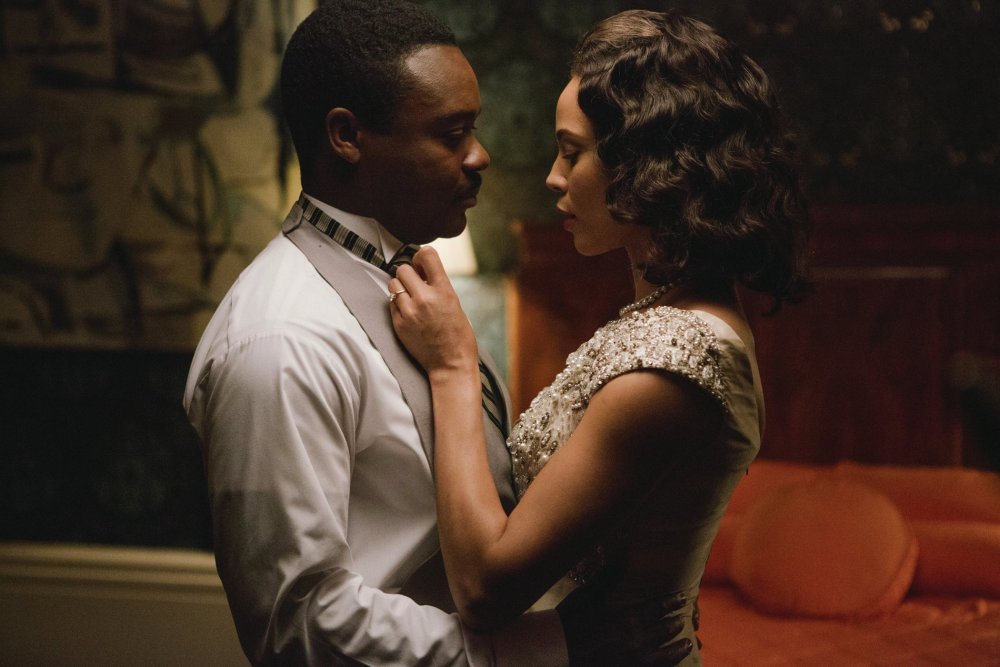
Selma is also refreshingly clear on the depths of the state’s nefarious activities, not just the obvious racism peddled by the likes of maniac sheriff Jim Clark (Stan Houston) or snarling Alabama governor George Wallace (Tim Roth). Instead, institutional malaise is ingeniously woven into the very texture of the film.
Consider the scene in which a troubled, insomniac King dials in to request a lullaby from the great gospel singer Mahalia Jackson. It’s a beautiful moment that should soar – and briefly does – but its wings are clipped by a caption, noisily battered out on screen in typewriter style, informing us that the exchange has been logged by the FBI. This formal device recurs throughout, operating simultaneously as a clever marker of time and space for the viewer and a constant reminder of the institutional state surveillance visited on King and cohorts by J. Edgar Hoover (archly essayed by an oddly cast Dylan Baker).
Whereas the narrative of Lee Daniels’s civil-rights epic The Butler (2013) concluded with the election of President Barack Obama in 2008 and came dangerously close to presenting this exceptional event as a panacea for America’s racial anomie, Selma brooks no such fantasy – a decision that seems particularly wise in the light of current events. DuVernay couldn’t possibly have known that the release of her film would coincide with arguably the worst year for American race relations in recent history, but fate has made it so.
Fortunately, Selma’s granular hardness not only safeguards it against accusations of triumphalism but also affords it the feel of a vital activist statement in a moment of severe social discord. It’s a testament to both the specificity and timelessness of DuVernay’s vision that her film doesn’t require the Ferguson-referencing end-credits song, by rapper Common and soul singer John Legend, to feel entirely relevant.
In the March 2015 issue of Sight & Sound
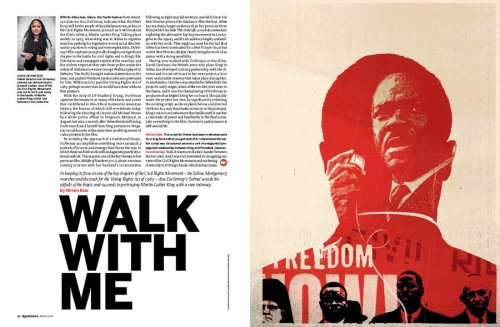
Walk with me
In keeping its focus on one of the key chapters of the Civil Rights Movement – the Selma-Montgomery marches and the push for the Voting Rights Act of 1965 – Ava DuVernay’s Selma avoids the pitfalls of the biopic and succeeds in portraying Martin Luther King with a rare intimacy. DuVernay talks to Miriam Bale.
+ Long walk to freedom
Selma might be the first major cinema release to feature Martin Luther King, Jr as a central character, but the wider Civil Rights Movement has long proved a draw for filmmakers. By Ashley Clark.
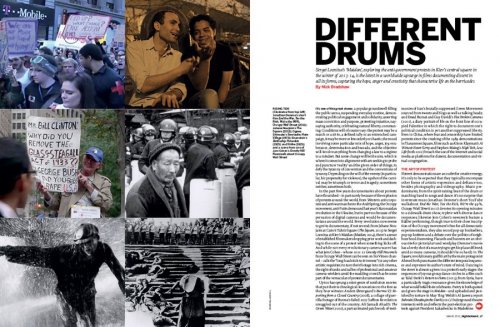
+ Different drums
Sergei Loznitsa’s Maidan, exploring the anti-government protests in Kiev’s central square in the winter of 2013-14, is the latest in a worldwide upsurge in films documenting dissent in all its forms, capturing the hope, anger and creativity that characterise life on the barricades. By Nick Bradshaw.
-
The Digital Edition and Archive quick link
Log in here to your digital edition and archive subscription, take a look at the packages on offer and buy a subscription.




